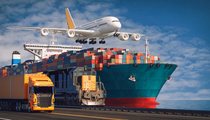Egg crisis/US seeks EU help – What stance is Europe taking amid tariff tensions?
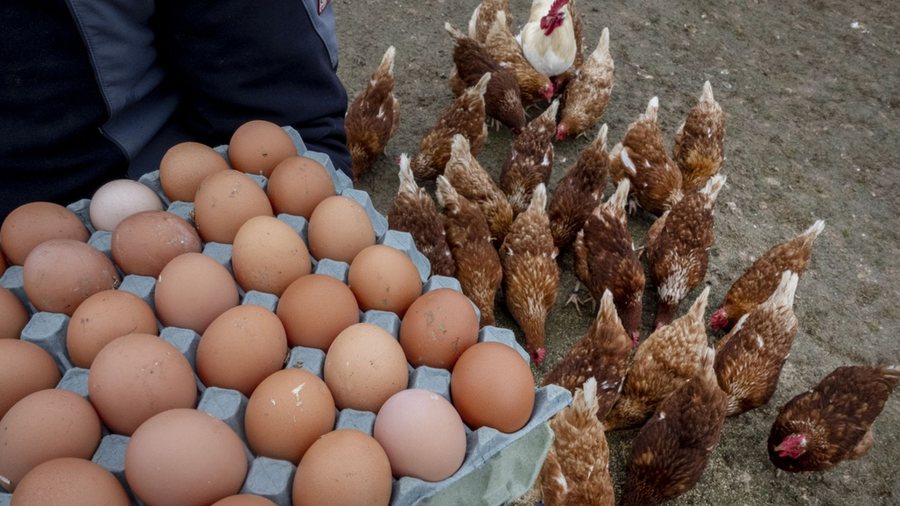
The United States is looking abroad to fill an egg shortage, fueled by an outbreak of bird flu that has driven up prices in supermarkets. Putting aside the dispute over tariffs, the United States Department of Agriculture (USDA) sent a request to European egg associations in late February, asking them to ship eggs to the United States.
Germany, Denmark, Italy, Poland and Sweden are among the countries the U.S. Department of Agriculture has turned to to address the shortage. But supplying Americans with eggs would be complicated for foreign producers, and not just because of political tensions over import tariffs that President Donald Trump has imposed or threatened to impose on his country’s major trading partners. Even if they were eager to share, European countries don’t have much surplus egg supply because of their own bird flu outbreaks and rising domestic demand ahead of Easter.
One of the biggest hurdles, however, is the approach the United States takes to prevent salmonella contamination. U.S. food safety regulations require that fresh eggs be disinfected and refrigerated before they reach consumers. In the European Union, safety standards require that grade A eggs be sold unwashed and without extended refrigeration.
Feathers and stains on eggs in supermarkets
It is common in parts of Europe, for example, for consumers to buy eggs that still have feathers and chicken droppings stuck to them. Poland, a major egg exporter, has asked the U.S. about the availability of eggs. The issue of washed versus unwashed was a major factor as European officials considered such requirements, she said. Eggs are not washed in most of the 27 EU member states because of concerns that removing the natural protective coating from eggshells makes them more vulnerable to bacteria.
Polish veterinary officials are trying to determine whether the country and its farmers can meet U.S. requirements, such as whether the exporting country has a comparable food safety inspection system or a significant outbreak of bird flu.
Powdered egg products
Although European Union regulations state that table eggs “must not be washed or cleaned,” member states have some leeway in whether to authorize egg rooms at packing plants decades ago. National customs are a factor in the decision. Washed eggs are the norm in Sweden, for example. But Sweden and Norway have informed the U.S. that they have no extra eggs to export.
The Danish Egg Association was keen to help, but the EU does not have a large egg surplus, suggesting that any increase in US egg imports from Europe is more likely to come in the form of powder or other products that can be shipped frozen or dried. That is the response Poland’s trade association gave to US officials. If the US certifies Poland as a source, the organisation’s members will have a limited supply of shell eggs to sell, but could supply “very large volumes of egg processing products”.
Processed eggs are typically pasteurized to prevent foodborne illness and then used in food production or in restaurants, hospitals and nursing homes, according to the U.S. Department of Agriculture. Baked goods, pasta and sauces such as mayonnaise are some of the commercial products made with egg powder.
Europe's own production problems
U.S. officials also tried to alert farmers in the Veneto region of northern Italy to urgent egg supplies, according to Coldiretti, Italy’s main agricultural lobby. But Italy produces only enough eggs to cover national demand, so most producers in the region said they could not help. Outbreaks of bird flu since early last year have also wreaked havoc on Italy’s poultry industry.
Germany can't contribute much either. Its domestic poultry industry generates about 73% of the eggs consumed in the country, and it itself essentially has to import eggs from the Netherlands every day to keep everyone happy. Germany has about 45 million eggs that we can collect from chicken coops every day, and in America, there's a shortage of about 50 million eggs a day. That shows how difficult it is.
A growing US market and Easter demand
Other countries the U.S. government has reached out to include Austria, Norway and Spain. The U.S. Department of Agriculture said it secured new commitments for eggs from Turkey and South Korea in recent months, though it did not specify the quantity or type. Imports of liquid, frozen and dried eggs could help free up some domestic shell eggs for consumers, but the U.S. made its call for foreign eggs amid a significant deficit. Last month, the country produced 720 million fewer table eggs than in February 2024, a drop of nearly 10%.
The U.S. also cut its own egg exports to boost domestic supplies, the Agriculture Department said. While informal trade talks continue, the U.S. market has shown signs of improvement. It has been nearly a month since a major outbreak of bird flu hit laying hens, the department said. It reported that the national wholesale price for large eggs had fallen to $3.27 (€3.3) per dozen as of March 21, or less than half its peak of $8.15 per dozen (€7.56) on February 21.
American consumers are just beginning to see falling wholesale prices translate into lower prices on grocery shelves, the department said. The high demand for eggs that typically accompanies Easter and Passover could cause prices to rise again next month.
Business is business.
Trump has not helped relations with Europe since the start of his second term. The president’s repeated threats to seize Greenland, a Danish territory, have angered many in Denmark. His stance on Ukraine and disparaging comments by senior members of his administration have alarmed the United States’ European allies. The European Union, which is the United States’ third-largest trading partner, was not exempt from the tariffs that Trump ordered on steel, aluminum and automobiles. In preparation for more, it has prepared counter-tariffs on American products. But many officials in Europe say none of this would exempt egg exports.
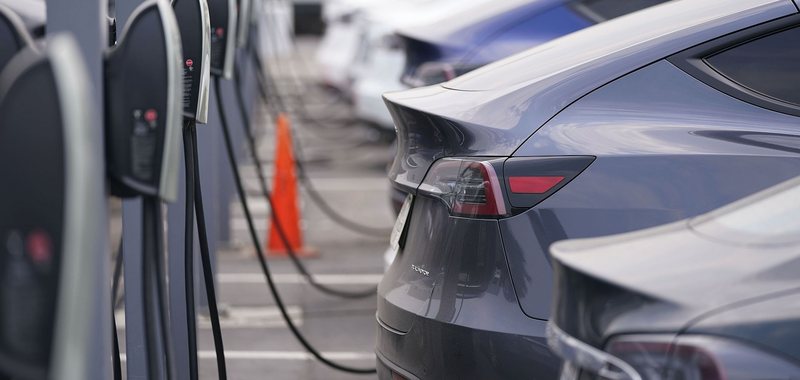
Electric cars "save" Europe - Transport remains the biggest polluter, generating 1/3 of total CO2
A surge in electric car sales will save Europe 20 million tonnes of carbon dioxide (CO2) this year, according to new analysis from the Transport &......
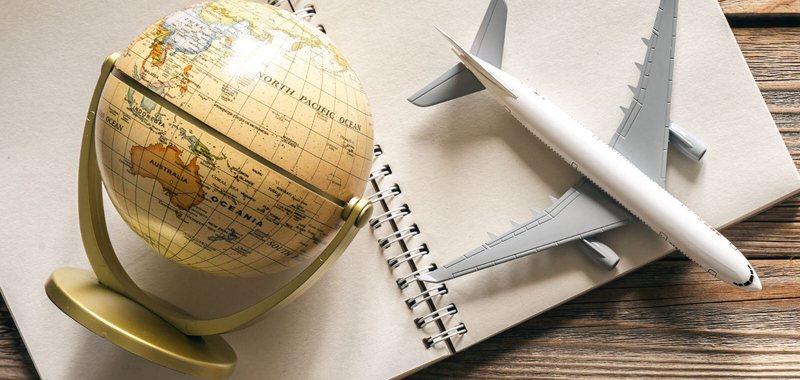
Flights in Albania "beat" Europe / In two months, about 1.3 million passengers traveled by air
Albania has seen a significant increase in the number of passengers in air transport, as a result of the development of the tourism sector in recent years.......

US cuts financial contributions to WTO - Decision part of efforts to reduce government spending
The United States has suspended contributions to the World Trade Organization (WTO), three trade sources told Reuters, as the administration of US President......
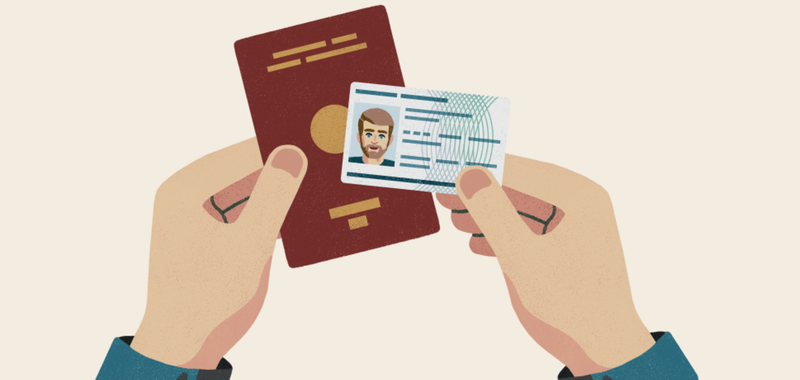
Identity card, now within 3 days - From 14 days before. Fee 3 thousand lek. IdentiTek launches new service
The time for issuing an ID card has now been reduced from 14 days to just 3 days. The innovation has been launched by IdentiTek, the state-owned biometric......

New fiscal stamp prices for excise goods come into effect. Tariffs reduced by up to 25%!
The government has approved the new prices for fiscal stamps by publishing in the Official Gazette the decision "On the determination of security elements......

How did this 'turbulent' week end for the major currencies?
The US dollar, although it has gained points on global stock exchanges as a result of the new US government's recent decisions in relation to the local......

Green and sustainable development - Government approves 113.6 million euro loan
At its last meeting, the government approved in principle the loan agreement between Albania and the EBRD for the second part of the “Renewable Capacity and......

Mastercard, program in Albania for electronic payments - From May 1, 750 free POS terminals for merchants
American card company Mastercard has introduced a new program in Albania to accelerate the acceptance of electronic payments. Through the POSI program, the......










